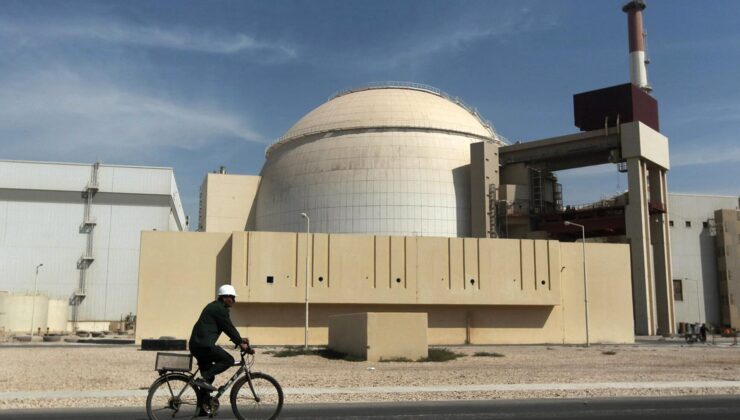Assessment of the Possibility for Renewed US-Iran Talks
Meshar Tarık recently analyzed the prospects of resuming diplomatic negotiations between the United States and Iran. He emphasized that, given the current geopolitical climate, especially the heightened tensions across the Middle East, the likelihood of restarting nuclear talks remains exceedingly slim. Tarık explained, “The trust deficit between Washington and Tehran has deepened significantly, making diplomatic engagement extremely challenging. Additionally, ongoing military confrontations and regional conflicts further obstruct the pathways for fruitful negotiations. Consequently, the revival of the 2015 nuclear agreement appears to be increasingly unlikely at this juncture.”
Tarık highlighted that if Iran persists with its nuclear development or if Israel perceives certain strategic objectives as unattainable, there is a heightened risk of imminent military actions or targeted operations in the coming days. He warned that these developments could lead to a further deterioration of diplomatic relations and prompt a realignment of regional alliances. From an economic perspective, these escalating tensions have caused volatility in global oil and energy markets, with potential fluctuations in exchange rates and supply chain stability being notable concerns.
The Negotiation Process and Recent Developments
The sixth round of indirect negotiations between Iran and the US was scheduled to occur on June 15 in Oman, aiming to revive the nuclear agreement. Following recent Israeli military strikes, U.S. President Donald Trump suggested that Iran might be offered “a second chance” to return to the negotiating table. Historically, Iran and the United States have conducted five rounds of indirect talks through intermediary channels in Oman, with the latest held in Rome on May 23. After this session, Iranian Foreign Minister Abbas Arakchi indicated that proposals from Oman could serve as a viable framework to overcome current obstacles, and that meaningful progress could be achievable within just one or two additional rounds.
However, prior to this, disagreements intensified, especially when the US demanded Iran cease uranium enrichment before resuming negotiations. Iran firmly rejected this condition, asserting that abandoning uranium enrichment technology was unacceptable and stating that if the US persisted with such demands, reaching an agreement would be impossible. Nonetheless, Iran expressed willingness to reduce its uranium enrichment levels and increase international oversight over its nuclear activities, demonstrating a continued commitment to transparency and peaceable intentions.
The 2015 Nuclear Deal and Recent U.S. Policy Shifts
In 2015, Iran entered into a landmark agreement known as the Joint Comprehensive Plan of Action (JCPOA) with the US, China, Russia, Germany, France, and the UK. This accord was designed to curtail Iran’s nuclear program in exchange for the lifting of economic sanctions. However, under President Donald Trump’s administration, the United States withdrew from the JCPOA in May 2018, reimposing stringent sanctions on Iran. In response, Iran declared it would cease adhering to certain restrictions on nuclear research, centrifuge operations, and uranium enrichment levels, effectively reducing its compliance with the original terms.
This ongoing cycle of negotiation, withdrawal, and non-compliance has significantly impacted regional stability and global diplomatic efforts. The current atmosphere suggests that diplomatic pathways remain fraught with obstacles, and prospects for a swift resolution are uncertain.
This report has been constructed, translated, and refined with the assistance of artificial intelligence, overseen by a qualified editor or author. For additional details, please consult our Terms and Conditions. Vezir Agency
 02:00
02:00




 News
News
 Dünya
Dünya
 Dünya
Dünya
 Dünya
Dünya
 Dünya
Dünya
 Dünya
Dünya




